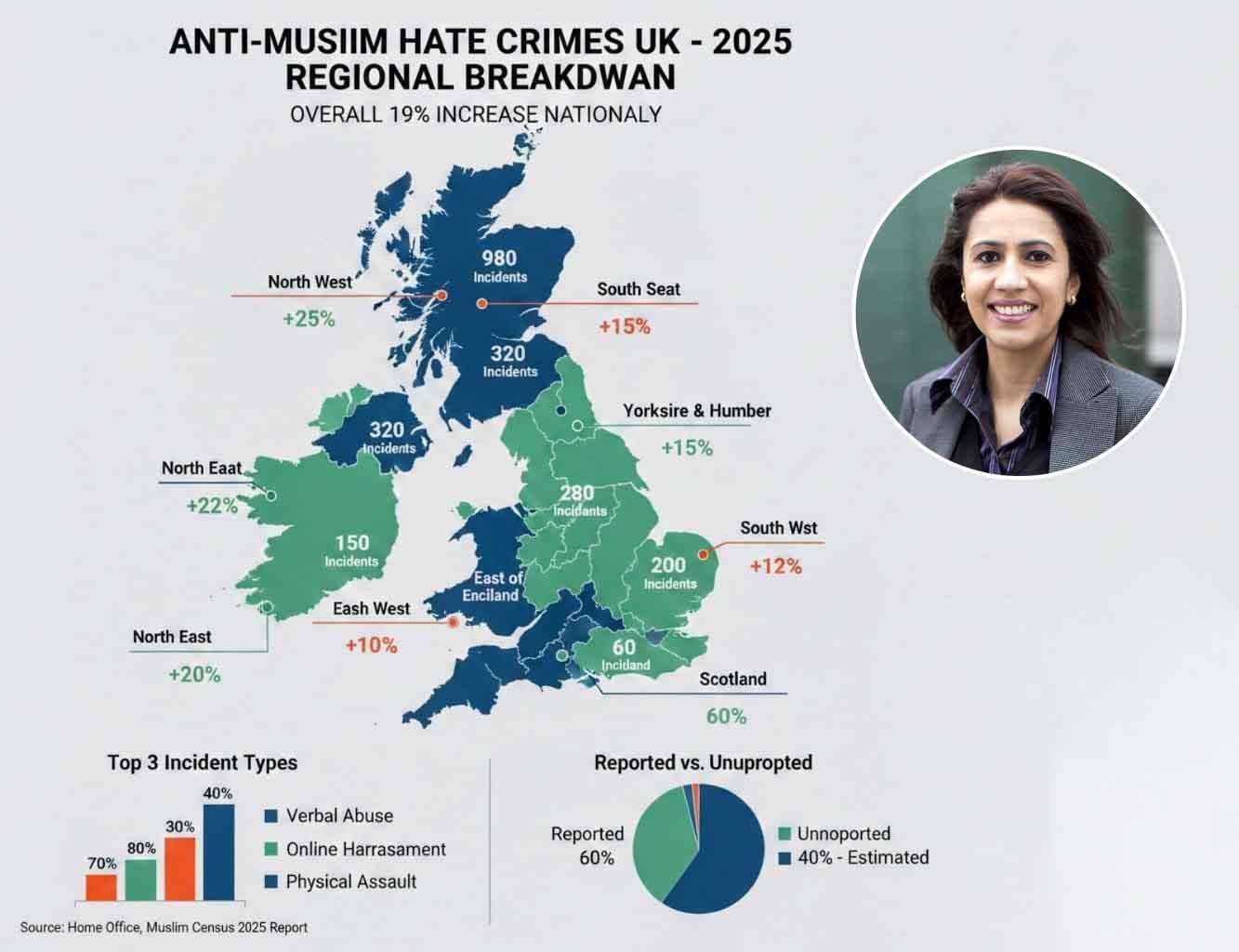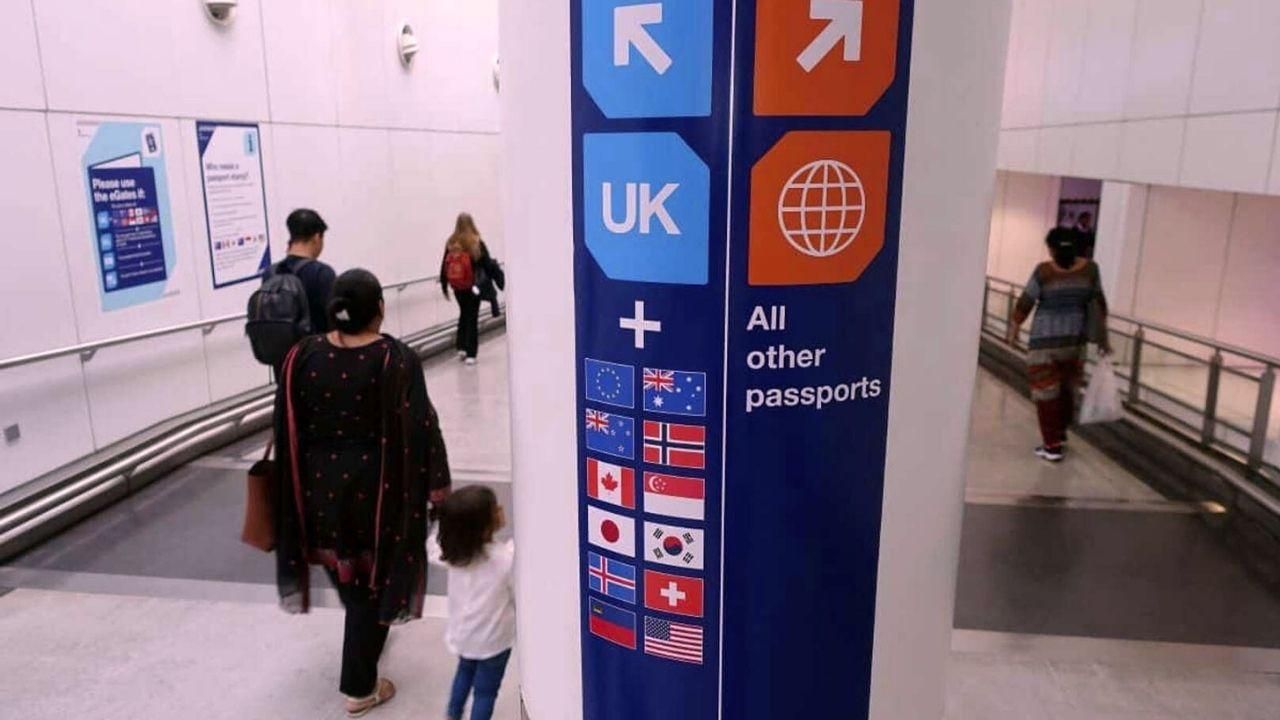The government's recent significant rise in the minimum income criteria for family visas has prompted Reunite Families UK to file a lawsuit, claiming that this action unlawfully splits up families and unfairly impacts women and minorities. This is the entire tale.
Recently, the UK government came under fire for raising the minimum income criteria for family visas.
The government's recent significant rise in the minimum income criteria for family visas has prompted Reunite Families UK to file a lawsuit, claiming that this action unlawfully splits up families and unfairly impacts women and minorities. This is the entire tale.
The Home Office, led by Home Secretary James Cleverly, announced in December that the minimum income requirement (MIR) for family visas would rise significantly.
Previously set at £18,600, the MIR was increased to £29,000 in April, with plans for further increments to £34,500 in 2024 and £38,700 by early 2025.
These changes were presented as part of a broader strategy to address what the government described as “unsustainable” levels of legal migration to the UK.
RFUK’s legal challenge argues that the decision to raise the MIR was taken without proper analysis or consideration of its impacts, particularly on marginalised groups.
The organisation asserts that the new MIR breaches the Equality Act by disproportionately affecting women, ethnic minorities, and young people.
Additionally, the challenge contends that the policy contravenes the UN Convention on the Rights of the Child by potentially separating children from their parents due to the increased financial threshold.
Caroline Coombs of RFUK stated, “The increases came as a complete surprise to the community we represent – and at a time when people all over the UK have been struggling with a relentless cost of living crisis.”
She continued, “Whilst they have been working hard to earn and save enough to sponsor their partner, the government has punished them once again and for many, their dream of a family life together here has been shattered.”
RFUK’s legal representatives, including Tessa Gregory from the law firm Leigh Day, have criticised the Home Secretary’s approach as “cavalier” and lacking proper legal and impact assessments.
Gregory stated, “Our client is appalled that a decision of such import appears to have been taken by the home secretary in such a cavalier manner: without proper analysis; and in breach of critical public law duties such as assessing the impact of the decision on protected groups.”
The government has defended the MIR increases as necessary measures to ensure that families are self-sufficient, not reliant on public funding and will not put undue pressure on already stretched public services.
The Home Office stated that the reforms are part of an accelerated program to manage migration levels and maintain economic stability.
The debate over the MIR increase comes amid broader political tensions regarding immigration policy in the UK.
Prime Minister Rishi Sunak and opposition leader Keir Starmer have faced increased scrutiny and mounting pressure to address rising net migration levels, which reached 685,000 in 2023.
The Conservative party, particularly its right-wing factions, has been vocal in demanding stricter immigration controls, a stance reflected in the MIR policy changes.
While indicating broad support for the changes, Labour has also called for a more humane approach to family migration.
The outcome of RFUK’s legal challenge remains uncertain. Still, it underscores a critical tension in UK immigration policy: balancing the need for economic self-sufficiency with the human rights of families to live together.
As the case progresses through the High Court, it will likely prompt further debate on the appropriate balance between controlling migration and protecting family unity.
Advocates like Josephine Whitaker-Yilmaz from Praxis, a charity that offers services and support to migrants, stated, “It is disheartening to know that courts have to be involved to make sure our rights are respected—including the right to fall in love and live with our families, together.”
She continued, “We call on whoever will be our home secretary after July 5th to take the price tag off love as a matter of urgency.”
The legal challenge against the new family visa income requirements indicates the ongoing challenges facing the UK as it struggles with the growing public perception of mass immigration as a problem.
While both parties look for simple solutions to a problem that has dogged them consistently, leading to the rise of the anti-immigrant party Reform UK, there is a genuine danger that families will be adversely affected and even broken up.
It remains to be seen if this latest legal challenge and the public outcry over the proposed plans will lead to a change of heart from whoever takes the keys to Number 10 on July 5th.








.svg)



